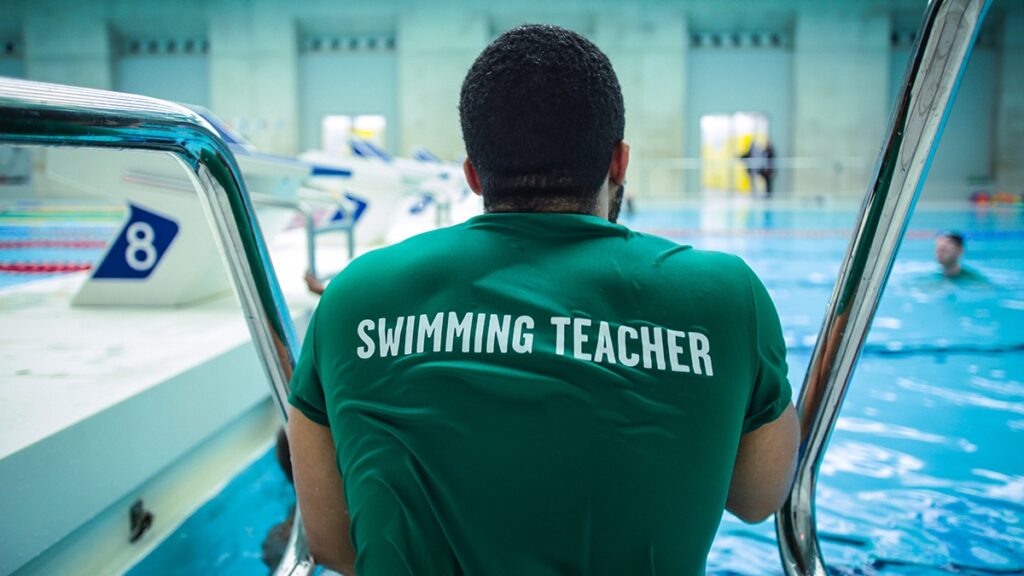
For those who excel in swimming and dream of making it their profession, the journey from amateur to professional is both challenging and rewarding. Transitioning to a career in swimming requires exceptional skill, dedication, and strategic planning. This path involves not only honing athletic abilities but also navigating opportunities in competitions, sponsorships, and professional networks. Here’s a guide on how to turn swimming from a passion into a full-fledged career.
Mastering the Fundamentals
To start, aspiring professional swimmers must develop a strong foundation in technique, endurance, and mental resilience. The first step is refining all four competitive strokes—freestyle, backstroke, breaststroke, and butterfly. Each stroke requires precision and efficiency to minimize resistance and maximize propulsion. Working with experienced coaches is essential to perfect these techniques and improve overall performance.
Consistent training is the cornerstone of success. Swimmers need to commit to a rigorous schedule that includes pool practice, dry-land strength training, and recovery routines. Early specialization in competitive swimming can help, but versatility across strokes and distances provides broader opportunities in the professional realm.
Competing at Higher Levels
Participation in competitive events is a critical milestone in the journey to becoming a professional swimmer. Starting at the local and regional levels allows swimmers to gain valuable race experience and build confidence. Success at these stages can lead to opportunities in national and international competitions.
Aspiring professionals should aim to qualify for high-profile meets such as national championships, junior championships, or even the Olympic Trials. These events serve as platforms to showcase talent, gain exposure, and attract the attention of scouts and sponsors.
Swimmers should also join clubs or academies with strong competitive programs. These organizations often provide access to experienced coaches, advanced training facilities, and a supportive community that fosters growth.
Building a Support Network
No swimmer becomes a professional alone. Building a strong support network is essential for navigating the challenges of a swimming career. This network includes coaches, teammates, family, and mentors who provide guidance, encouragement, and resources.
Having a professional coach or mentor with experience at the elite level can significantly impact a swimmer’s career trajectory. These individuals provide insights into training strategies, competition preparation, and career management.
Swimmers should also establish connections within the broader swimming community by attending clinics, workshops, and networking events. These connections can open doors to sponsorships, endorsements, and invitations to exclusive competitions.
Securing Sponsorships and Financial Support
Turning swimming into a career often requires financial backing. Sponsors play a crucial role by providing financial support, equipment, and promotional opportunities. To attract sponsorships, swimmers must not only perform well in competitions but also build a personal brand that resonates with potential sponsors.
Social media can be a powerful tool for showcasing achievements, engaging with fans, and promoting the sport. Maintaining a positive public image and demonstrating sportsmanship are essential for appealing to sponsors and fans alike.
Embracing a Professional Lifestyle
The life of a professional swimmer demands discipline and sacrifices. Training sessions are long and physically demanding, leaving little room for leisure. Proper nutrition, sleep, and recovery routines are essential for maintaining peak performance.
Mental strength is equally important. Competing at the professional level involves handling high-pressure situations, coping with setbacks, and staying motivated through challenges. Many athletes work with sports psychologists to develop resilience and maintain focus.
Conclusion
The journey from amateur to professional swimming requires dedication, strategy, and a passion for the sport. By mastering technique, excelling in competitions, building a support network, and securing sponsorships, swimmers can turn their talent into a rewarding career. While the path is demanding, the opportunity to compete at the highest level and inspire others makes the effort worthwhile. For those willing to dive in, a professional swimming career is an extraordinary achievement.